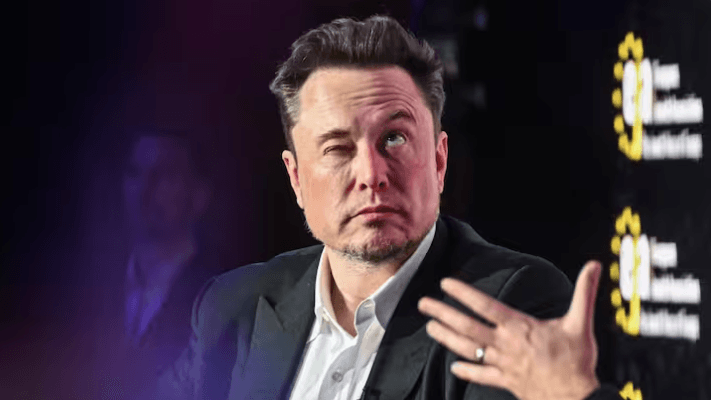Billionaire Elon Musk has backed calls for India to be given a permanent seat on the United Nations Security Council, stating “India not having a permanent seat despite being the most populous country is absurd.”

In a tweet on Friday, the Tesla and SpaceX chief weighed in on UN reforms, advocating for a reassessment of the current permanent members which include only the USA, Russia, China, UK, and France.
His remarks came after UN Secretary-General Antonio Guterres expressed disappointment over the lack of African representation and said “How can we accept that Africa still lacks a single Permanent Member?”
At some point, there needs to be a revision of the UN bodies.
— Elon Musk (@elonmusk) January 21, 2024
Problem is that those with excess power don’t want to give it up.
India not having a permanent seat on the Security Council, despite being the most populous country on Earth, is absurd.
Africa collectively should…
Musk agreed, questioning the present structure by noting “The problem is that those with excess power don’t want to give it up.”
And what about India? 🇮🇳
— Michael Eisenberg (@mikeeisenberg) January 21, 2024
Better yet is to dismantle the @UN and build something new with real leadership. https://t.co/EYpyooHaH4
India’s exclusion has been highlighted before including by External Affairs Minister S Jaishankar who termed the UNSC an “old club” resistant to new members and reforms to reflect contemporary realities.
There have been growing demands by India and nations like Germany, Japan, and Brazil to expand the UN high table to broaden global leadership. India has outlined its strong credentials and contributions to be a permanent member championing the interests of developing countries.
Achieving UNSC reforms and expansion of permanent members has always hit roadblocks as it requires charter amendment which needs the approval of all existing P-5 members, who have been accused of safeguarding their own dominant status.
With Musk adding his voice, it may build fresh momentum on the need for the UN to shed status quo approaches to regain credibility in resolving pressing global conflicts and challenges.
